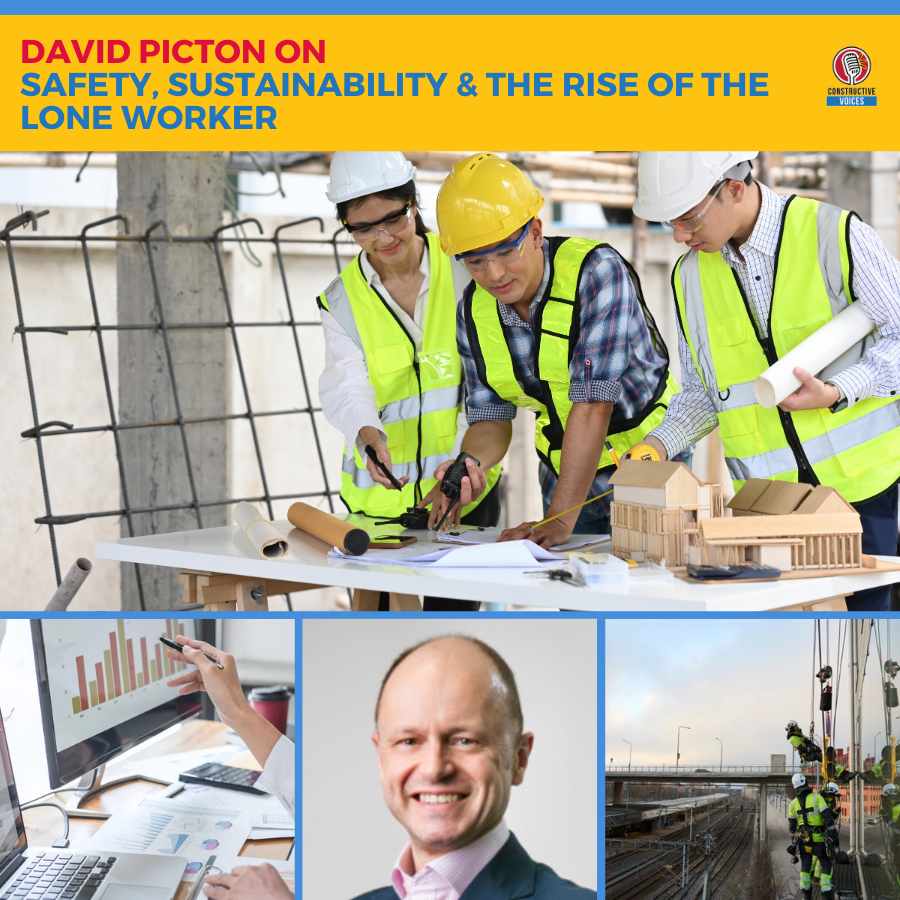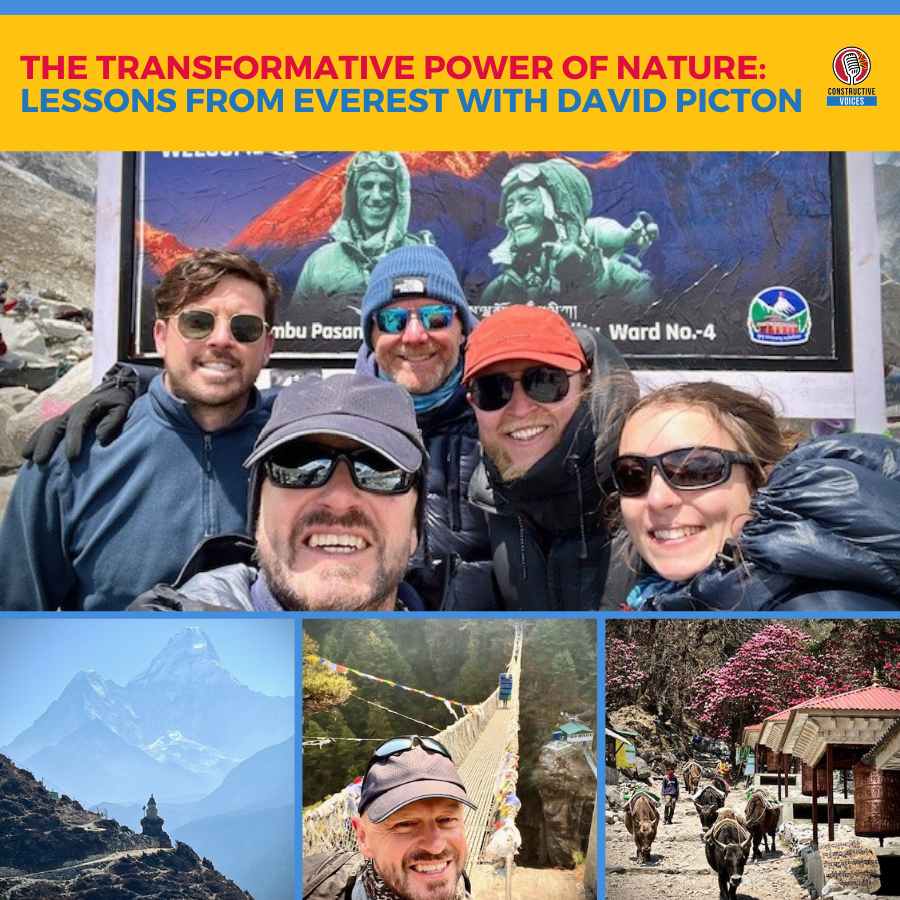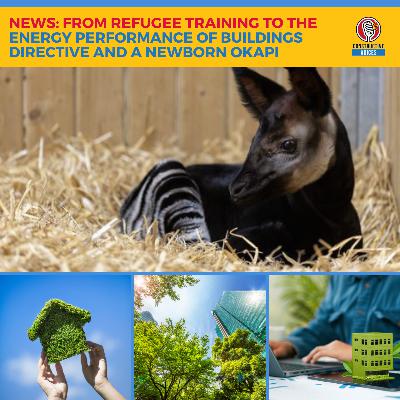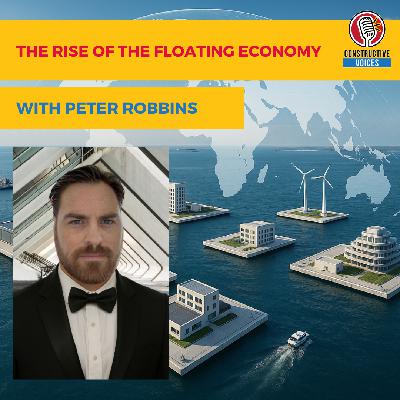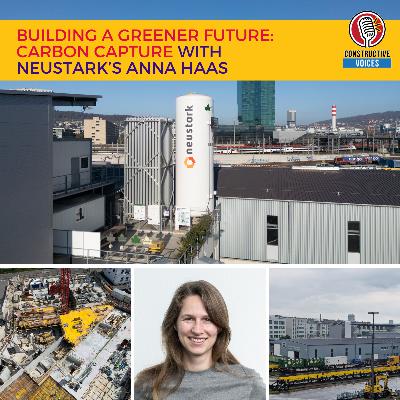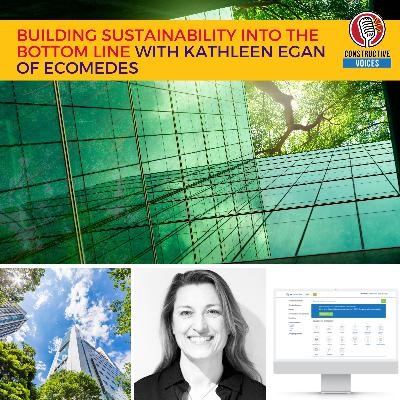David Picton on Safety, Sustainability & the Rise of the Lone Worker
Description
Safety isn’t a box-tick—it’s a living culture. David Picton shares hard-won lessons from military logistics to boardrooms and major infrastructure projects.
We dig into why lone workers are growing fast, how extreme weather is reshaping site risks, and how connecting culture with smart tech turns “compliance” into prevention. You’ll hear real examples—from JLL to Costain—and a pragmatic playbook any firm can use.

“Safety works when everyone has permission to call it out—from apprentices to execs.” David Picton
What we cover with David Picton
1. Lone workers: why they’re on the rise, the unique risks they face, and how to protect them.
2. Climate disruption on site: heat, storms, floods—and the simple factors (shade, hydration, acclimatisation, permission to speak up) that change outcomes.
3. Culture that speaks up: the “permission” moment that proves safety works when everyone can challenge—even a junior apprentice.
4. Data into decisions: how visibility lifts reporting and drives action.
5. SME playbook: low-cost, high-impact moves for smaller firms to handle extreme weather and continuity.

Courtesy of Ecoonline
“Technology plus culture is the shift—from basic compliance to predicting issues before they happen.” David Picton
Practical takeaways for daily use
- Start with risk assessments on your highest-exposure tasks and locations. Keep them live as conditions change.
- Plan for weather: set clear comms trees, cross-training, and alternative task lists for heatwaves or storms.
- Make “permission to speak” explicit: celebrate interventions from anyone, any level; model it in briefings and leadership walkarounds.
- Equip lone workers: implement check-in/out and non-movement alerts; rehearse emergency procedures and verify they work.
- Measure what matters: track near-miss reporting and action close-out speed to move from reactive to predictive.
- Heat-smart sites: shade, water, work–rest cycles, acclimatisation, and a no-blame stop-work culture during heat spikes.
Important insights:
Many “lone workers” are only sometimes alone—which can hide risk unless you design for it.
Heat and severe weather are no longer edge cases; they’re planning assumptions for every site.
Lone-worker tech—check-in/out, location alerts, non-movement (“man-down”) triggers—now underpins safer field work at scale.
Elevating data visibility increases reporting and closes the loop faster—from near-miss to preventive action.
About David PIcton
David is Senior Vice-President of Environmental, Social and Governance (ESG) at EcoOnline. He has substantial experience across construction, supply chain, operations, and strategy. His previous roles have included Chief Sustainability Officer and an original Board member of the Supply Chain Sustainability School.

Courtesy of David Picton
Prior to EcoOnline, he held Director and Executive roles in the technology, media, infrastructure and public sectors, started an independent advisory practice and served for 20 years as a senior military officer.
He also achieved the Queen’s Enterprise Award for Sustainable Development and presented the benefits of responsible business to the UN in Geneva.
About Ecoonline
At EcoOnline, we believe in the power of technology to reshape how organisations protect their people and the planet, paving the way for a safer, more sustainable future.
As a global SaaS leader, we’re at the forefront of innovation in workplace health, safety, and sustainability. Our team is passionate about creating meaningful impact and making a real difference.
Trusted by over 11,000 customers, we’re recognised as pioneers in our field, delivering expertise and guidance to empower our customers at every stage of their safety and sustainability journey.
Read all about EcoOnline here.

